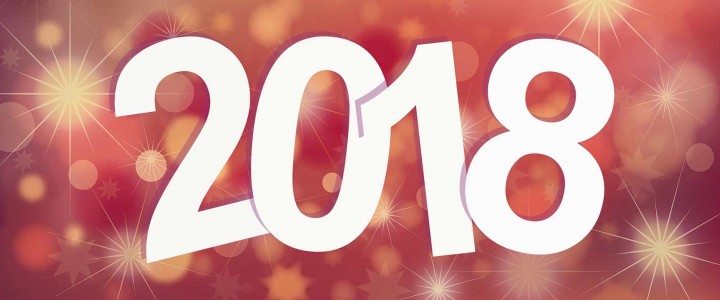Especially during the new year, we make lofty resolutions about how we want to improve ourselves personally or professionally; believing in our own eventual success. Statistically speaking though, a New Year’s resolution will last about a month. This says that failure is quite likely, and the result of failure for most people will be giving up, and going back to the routine that they wanted to change in the first place.
The common thread among all the people who failed their resolution was that they did not plan to fail. Planning to fail in this sense means what to do if something goes wrong, a goal is not met, a person relapses into old behavior in other words. Everyone should be aware that setbacks can and often do happen, and from that they can create a plan for what to do when that happens.
The first thing to consider about handling setbacks or relapses is to understand that it is just a setback. It is not how things will be for all time. It is just what happened this one moment of this day. Clearly anyone who fails, relapses, or misses some target, will be hurt, disappointed, likely angry, and that’s ok. But don’t get lost in that emotion; keep it in check in order to get up and try again and figure out the way to succeed. Setbacks are not a permanent failing.
Next, know the warning signs of an impending relapse or misstep, and plan to counteract them. This is connected to the goals, but it can be as easy as knowing if a person gets hungry between meals, and their goal is to lose weight, they can plan to have a healthy snack or drink plenty of water as options to fight the urge to go to the vending machine. This is looked at the same as relapse prevention in addiction treatment, its just changing a behavior, and changing any behavior after it has been done for long enough is very hard.
Lastly, try to learn from mistakes and setbacks, not ruminate and stress out over them. Try to gain some wisdom about how the situation was handled, what behaviors were used, what was going on in the environment, and what were the thoughts and feelings associated with it. Ask, “what could I do differently next time,” and remember to focus solely on the things that can be controlled. Not much can be done about the amount of sun for someone struggling with Seasonal Affective Disorder, but they can control getting a sun lamp and spending time under that.
For better or worse, failure is our best teacher. In the coming year, many of us will have opportunities to learn and grow from failure. It is sad, but it gives everyone the chance to do it better, do it right the next time, and more importantly, it provides the chance to eventually meet any goal that is set.
Join us at College of Allied Educators to learn how you can unlock your innermost self to find success and happiness.
For a FREE COURSE PREVIEW
CALL US at 6223-8891
EMAIL your enquiry to ENQUIRY@ICAE.EDU.SG
or Register for your free preview below:

